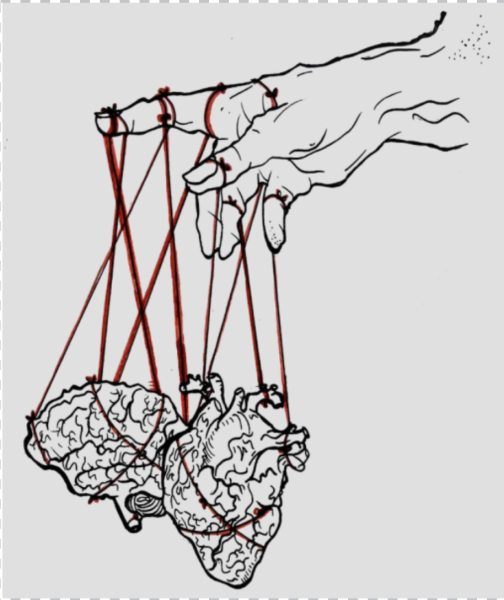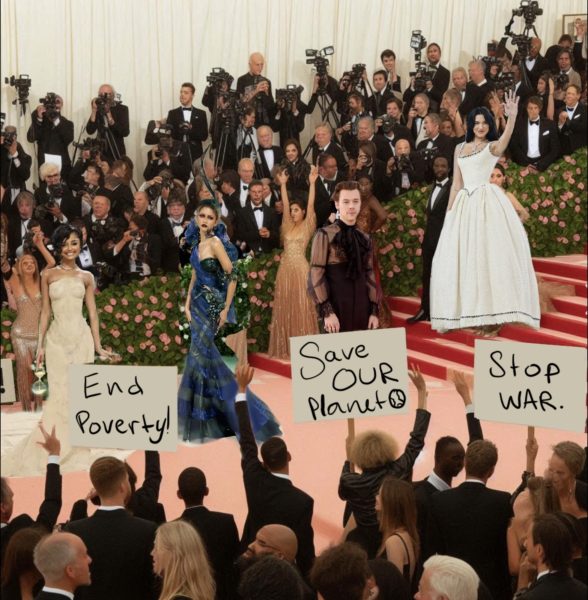Voices From the Void 1
“What is it like to be LGBTQ+ at ISL?” This was, unofficially or not, the prompt of this month’s edition of the High, asked to the mostly closeted LGBT community here. Of course, anonymity was given to anyone who wanted it, with a promise to never tell anyone the writers behind the articles. This promise was, frankly, the only thing that made me write this article. Yet even now, I am paralysed at the thought of someone noticing who I am and knowing what I have spent the good part of the past few years trying to hide.
When faced with a prompt like this, it’s hard not to have mixed feelings. Out of these, anger probably comes first and foremost. But it’s not like the annoyance that we label as anger in our day to day life: no, it’s hot, bubbling, and a moment away from consuming me whole. Anger at everyone because how on Earth can it already be 2021 and we still hear news of LGBT people being kicked out of their homes, mistreated, assaulted, and murdered? Anger at each and every straight person as they don’t, and will never understand what it’s like to be like that. Anger at those who are brave enough to put their name on their articles, to live their truth every single day. But most importantly, anger directed at myself. Wishing to be normal, wishing to have been born to another, more accepting family, wishing to have the courage to say something, to be “out and proud”, and at times, wishing that I was never born at all.
But this “article”, which is more of an open letter, isn’t about anger. This isn’t yet another minority screaming at you. In all honesty, this is just therapeutic. If nothing wrong happens, nobody will ever know who wrote this, and it will just be one of the articles that someone hopefully reads and genuinely feels an impact from. I honestly don’t know what the impact will be – someone reading this and immediately throwing it in the trash because they don’t like the subject matter? Someone feeling that someone in the school understands? Or just someone learning even a little bit about what it’s like to not be heterosexual in an extremely heteronormative environment.
Given that this is anonymous, I might as well go into detail. Yes, the coming out scenes the Struggling GayTM scenes shown in movies and TV shows to exploit the severely underrepresented queer population are right – realising who you are, accepting it, and seeking acceptance from others is not a fun ride. It involves all the tears and more shown in the media, and not even a fraction of the support that the character ends up receiving. It’s not pretty, it’s not something to be sensationalized, it’s a long and hard process. For many of us, we don’t have the supportive and open minded family that fictional characters have.
We don’t have parental figures telling us that they will accept us no matter what. Instead what we have are open admissions to not wanting a gay kid, immediately switching the channel whenever a gay couple is shown, the belief that this is just a phase that confused kids go through because of their friends and the trends. We don’t get to cry on our parents’ shoulders after they react in a slightly comedic and extremely heartwarming manner to our coming out. Instead, we cry to our friends, or alone, feeling our chests squeezing at the knowledge that no matter how good our relationship with our parents are, it will all end once they know, and never be the same again.
So, what should ISL do? Listen. LGBT students cannot have a nice long conversation with the year level leaders about what we are going through, especially given that this school has a history of ignoring minority students, dismissing their feelings, and making it near impossible for them to even think of reporting anything. The hard truth is, practically every LGBT person in this school cannot wait until graduation for a very specific reason: they want out. ISL is a toxic environment for us, and therefore so many of us latch onto the promise of graduation and finding a LGBT community in university. It’s too late for the high school experience of this generation of students to be mended – the damage has been done. The best thing that the school, meaning the staff, the students, and everyone else can do right now is to finally listen to us. Doing one assembly a year doesn’t help, and unless the school begins to put its foot down visibly when it comes to issues concerning the LGBTQ+ community and actually does something, no one, and I repeat, no one will come to any authority for help.



